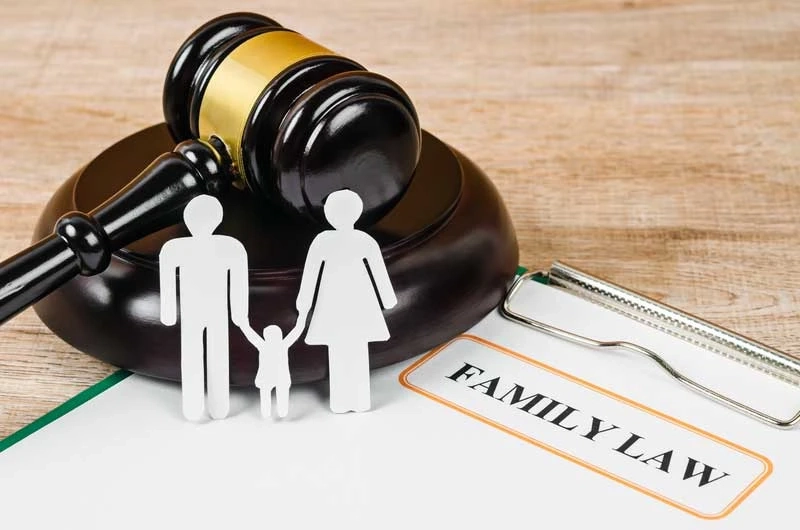Naturalization as a UK citizen is exciting and life-changing. It grants you full rights, including the right to reside, work, and vote in the UK without any restriction. However, naturalization can be a complex procedure with many issues that applicants must navigate.
From meeting strict qualifying requirements to dealing with paper error mistakes, numerous factors can lead to hold-ups or rejection. Let’s identify prevalent problems in the British naturalization process and propose practical solutions to prevent them.
1. Meeting the Eligibility Criteria
One of the most difficult tasks for applicants is ensuring they meet all the qualification requirements. To be eligible for British citizenship through naturalization, you will be required to:
Be at least 18 years old.
Have been resident in the UK for at least five years (or three years if married to a British citizen).
Possess Indefinite Leave to Remain (ILR) or Settled Status for a minimum of 12 months before applying.
Pass the test on Life in the UK.
Provide evidence of proficiency in English.
Be of good character.
How to Overcome it?
Carefully examine the Home Office's guidance and judge whether you can meet all requirements before application. If doubtful, consult with one of the professional naturalisation solicitors London to figure out when you should apply to steer clear of premature rejection.
To qualify on the grounds of English, take a relevant English language test or employ an English-speaking-taught degree as your evidence.
2. Not Passing the Life in the UK Test
The Life in the UK test is one of the required tests for naturalization applicants, aimed at determining knowledge regarding British history, culture, and values. The test is challenging for most applicants because it touches a broad spectrum of topics and questions at times.
Begin to practice early enough using the Life in the UK handbook and sample questions online. Practice tests, taken repeatedly, can improve your level of confidence and also your knowledge of the questions. You may reapply if you don't pass the test, but this would involve delays as well as extra costs for your application.
3. Inadequate or Faulty Documentation
Submission of incomplete or incorrect documents is the main cause of application refusal. The Home Office requires proper evidence to determine your eligibility, including passports, residence proof, and financial information. Minor errors in your documents can lead to delays.
How to Overcome It?
Double-check all paperwork before submission and ensure that it conforms to the Home Office's specific requirements. Just as an immigration solicitor can assist with British nationality applications, financial remedy lawyers London play a crucial role in ensuring a fair distribution of assets, property, and financial responsibilities.
Presenting your documents in an orderly fashion and giving clear, accurate information can go a long way to prevent rejection.
Good Character Requirement Problems
The requirement of good character is one of the more subjective parts of the naturalization process. Applicants need to prove that they have been in compliance with UK laws and have exercised good conduct. Issues that will affect your application are criminal records, financial recklessness (bankruptcy), and previous immigration breaches.
How to deal with it?
If you have a previous legal issue, be honest about it on your application. It won't always rule you out, but hiding it may mean refusal. With more serious concerns, consult with one of the experienced naturalization family law solicitors London to review your case and make it as strong as it can be. Paying any debts and clearing your record for the years leading up to applying will enhance your prospects.
Delay in Processing Time
Even when you fulfil all the requirements and present a perfect application, slow processing is frustrating. The Home Office typically processes naturalization applications within six months but could take longer because of administrative delays or further security checks.
Naturalization is the last step that is required to become a British citizen, but it is not always an easy or simple process. Through knowledge and anticipation of common errors, you can make your chances higher for a hassle-free and fruitful application.
Be it meeting qualification criteria and success in the Life in the UK test or procurement of the necessary documentation and issue of good character, every step warrants attention.



